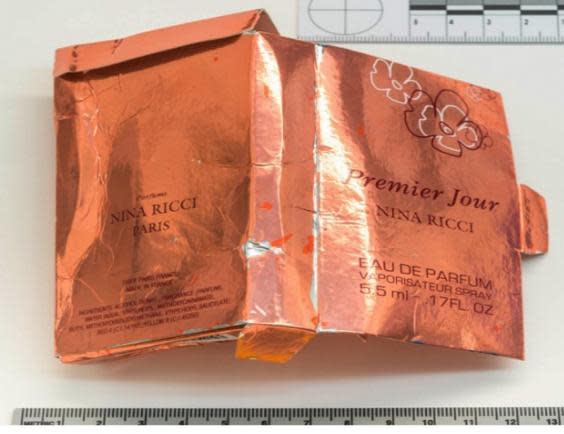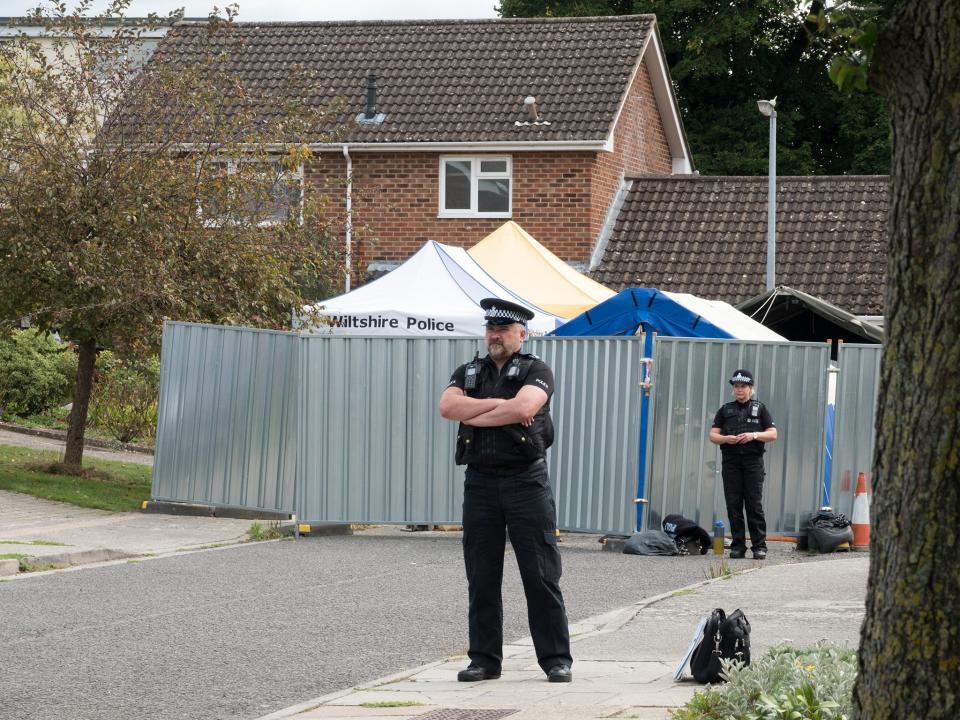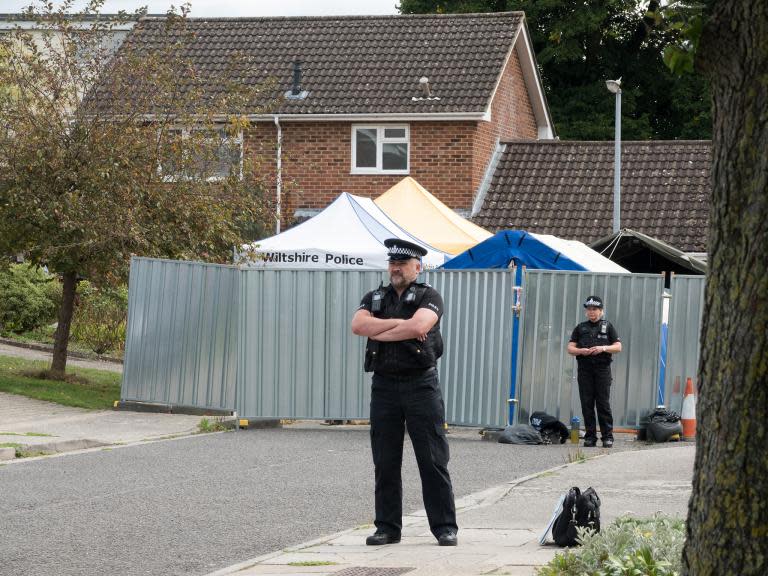Sergei Skripal's Salisbury home declared safe after novichok decontamination
Sergei Skripal’s house has been declared safe after the last decontamination work was completed in Salisbury.
The property was the final of 12 sites to be released by authorities following a novichok attack launched by alleged Russian spies a year ago.
Police said nerve agent was smeared on Mr Skripal’s front door on 4 March 2018, causing the former Russian double agent and his daughter to fall seriously ill later that day.
They recovered after hospital treatment, but months later a fake perfume bottle containing novichok was unwittingly picked up by a local man and caused the death of Dawn Sturgess.
The Department for Environment, Food and Rural Affairs (Defra) said Mr Skripal's house will be refurbished and neighbours will be “consulted on its future use”.
It has taken a year for almost 200 military personnel from the Royal Air Force and Army, alongside specialist contractors, to complete specialised decontamination work.
Nine sites in Salisbury were affected, including The Maltings shopping centre where the Skripals fell ill, a restaurant and pub they visited and ambulance stations.
Following the Amesbury incident in June, where Charlie Rowley accidentally gave his partner Ms Sturgess a bottle containing novichok as a present, his home and two other sites were decontaminated.
Before release back to public use, every site was assessed by the government’s Decontamination Science Assurance Group to “ensure there is no foreseeable ongoing risk of exposure”.
Officials said the completion of clean-up work on Mr Skripal’s house, which saw its roof removed, marks a “significant milestone in South Wiltshire’s return to normality following the sickening novichok nerve agent attack”.
The property was declared safe following extensive cleaning and testing by specialist teams.
Alistair Cunningham, chair of the South Wiltshire recovery coordinating group, said: “Work will begin shortly to reconstruct and refurbish the house so it can return to being a home again.
“We are continuing to talk to the residents on the future of the property.”
Mr Cunningham thanked Mr Skripal’s neighbours and local residents “their resilience and stoicism during what has been an extremely difficult and challenging time”.
“Salisbury has proved it is resilient, positive and looking forward and we are working on a range of regeneration projects and events to focus on an even better future for the city,” he added.
Brigadier David Southall, Chief of Staff of Standing Joint Command, praised the “expertise, courage and selfless commitment” of our servicemen and women involved in the effort.
Police charged two alleged GRU agents - Alexander Mishkin and Anatoly Chepiga - with the attempted assassination of Mr Skripal in September.
Both men are subject to Interpol red notices and European Arrest Warrants, but the prospect of them leaving Russia or being extradited appears slim as the Kremlin continues to deny any involvement.
Earlier this month, researchers identified a third suspect, fellow GRU operative Denis Sergeev, who travelled to Britain under the cover identity Sergey Fedotov.
A police investigation continues and Metropolitan Police Commissioner Cressida Dick has said her officers will “never give up” trying to bring the culprits to justice.
More than 200 officers have worked on the investigation, reviewing 11,000 hours of CCTV, 3,700 pieces of evidence and 1,700 witness statements.
Deputy assistant commissioner Dean Haydon said they are pursuing a "number of lines of enquiry".

“A year on from the attack, there are parts of the picture that we are continuing to piece together, and I am urging anyone who has information that they have not yet passed to police to do so," he added.
“In particular, we are keen to hear from anyone who may have seen the counterfeit ‘Nina Ricci’ perfume box or bottle that was recovered from Charlie Rowley’s address in July.
“We cannot account for the whereabouts of the bottle, nozzle or box between the attack on the Skripals on 4 March and when Charlie Rowley said he found it on 27 June.”
The suspects gave an interview to state-owned RT that generated global ridicule, after they claimed they were sports supplement salesmen who travelled to Salisbury two days in a row because of its “internationally famous” cathedral.
An academic report released on Friday accused Russian state media of providing “damage control” during the Salisbury poisoning, influencing British outlets and spreading disinformation.
Researchers at King’s College London’s Policy Institute found RT and Sputnik published 138 separate and contradictory narratives about the Skripal poisoning across 735 articles in the four weeks following the attack.
Coverage used a “parallel commentariat” and amplified Russian government sources, with “all the features of a disinformation campaign [seeking] to sow confusion and uncertainty through a vast array of contradictory narratives and unchallenged conspiracy theories”.
The government said support for Salisbury and Amesbury would continue, after the local economy was badly damaged by the incidents.
More than £13m has been committed support police, businesses, boost tourism and meet unexpected costs of the incidents.
Anyone with information is asked to contact police in confidence on 0800 789 321 or email salisbury2018@met.police.uk.



